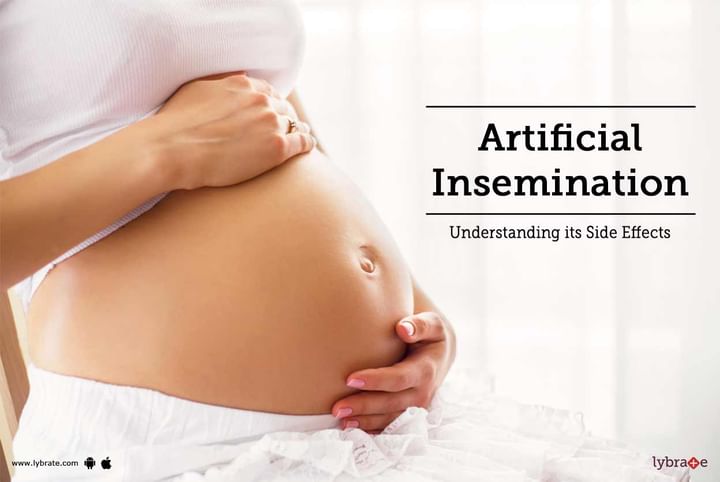Artificial Insemination - Understanding its Side Effects
Artificial insemination is a form of artificial fertility procedure. This procedure enables a couple to conceive a child. This procedure is mainly used in cases when the male partner has a low sperm count or is impotent. Single women who do not have a partner too can undergo this procedure to have a child. The process of artificial insemination involves the placing of sperm into the uterus of a woman, during the ovulation period.
Although artificial insemination is an effective procedure for conceiving a child, it also causes several side effects on the body and health.
Here are the several risks and side effects of artificial insemination:
- Infections are likely after having an artificial insemination done and infections are likely in a large percentage of women who undergo this procedure.
- Allergies can also possibly develop to any component of the seminal lavage, although they are not very common.
- Immune reactions can also occur, which involve the creation of antisperm antibodies among women who undergo this fertility procedure.
- Pain is felt by some women during the process of artificial insemination, and discomfort is also experienced when the catheter gets inserted in the cervix for transportation of sperm.
Risks regarding ovarian stimulation
- Ovarian hyperstimulation syndrome or OHSS may occur as a side effect of artificial insemination. This disorder makes the ovaries feel pain as they become swollen.
- Multiple births is another severe side effect of this procedure. It usually occurs in 12 to 30% of women undergoing artificial insemination. It is more likely in young women having more than five ovarian follicles, which are quite large. This occurs when the woman is inseminated with more than thirty million sperms.
Pregnancy complications
Artificial insemination has several side effects, which may cause complications in pregnancy. They are as follows:
- Miscarriage can occur in women who undergo artificial insemination and occurs in 20% of all artificial insemination cases. The miscarriage is usually caused during the early phase of the pregnancy.
- Ectopic pregnancy is another side effect of artificial insemination involving pregnancy complications. Around 4/100 of women who undergo artificial insemination suffer from ectopic pregnancy. The rate of ectopic pregnancy in natural insemination is much lesser.
Artificial insemination is a successful process of conceiving a child. This procedure is utilized by single women and women whose partners are not capable of producing sufficient sperms. However, the process is associated with several side effects and risks. If you wish to discuss about any specific problem, you can consult a Gynaecologist.



+1.svg)
